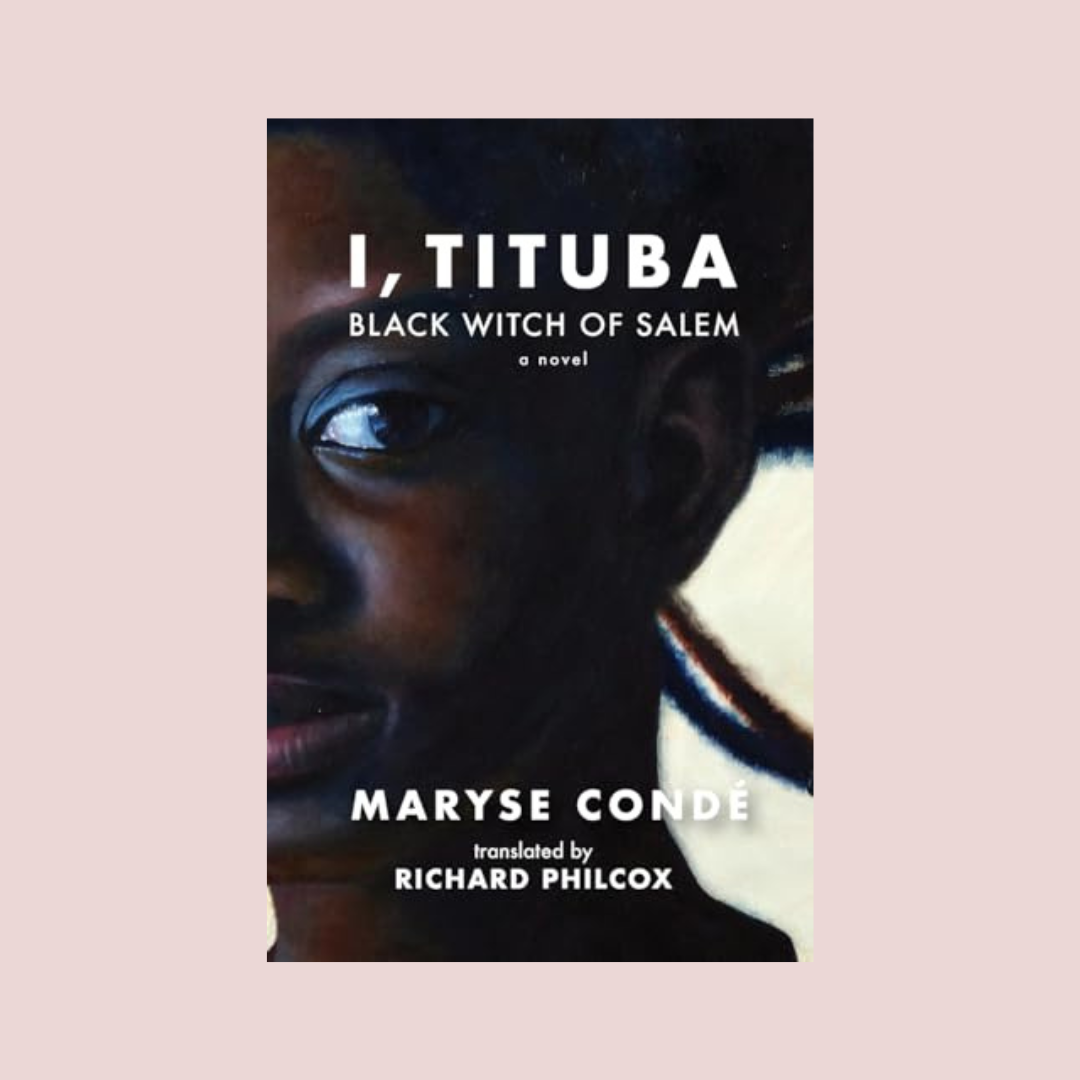
I, Tituba: Black Witch of Salem
I, Tituba: Black Witch of Salem
HausWitch Store
144 WASHINGTON ST
Salem MA 01970
United States
A Novel by Maryse Condé
"Tituba and I lived for a year on the closest of terms. During our endless conversations she told me things she had confided to nobody else." -Maryse Condé
"Tituba looked for her story in the history of the Salem witch trials and could not find it. I have looked for my history in the story of the colonization of this continent and I have found silences, omissions, distortions, and fleeting, enigmatic insinuations. Tituba's quest for recorded evidence of her existence as a living, feeling, loving, active individual, who was as much a part of the Salem witch trials as her codefendants of European descent, leads her to a belittling, cursory allusion: 'Tituba, a slave originating from the West Indies and probably practicing 'hoodoo.'' She counters this footnote that condemns her to insignificance with a strong, self-affirming 'I, Tituba... Witch.' Maryse Condé lends her the words that assist her to tell you and me her story, speaking her life in her own voice- from the womb to the realm of the dead.
Maryse Condé's historical novel about the black witch of Salem furnishes Tituba with a social consciousness as contemporary as the motivating impulse behind the novel, which drives Condé to retrieve fragments of an intentionally ignored history and to reshape them into a coherent, meaningful story. It is the same consciousness that has motivated contemporary women of African descent- both scholars and artists- to explore the infinite possibilities of our lost history.
Tituba's voice is her own. But, of course, Condé meticulously researched this historical person, and Tituba's voice is infused with the historically complex and imaginative voice of her creator. It is therefore not rigidly anchored to the social issues of Tituba's times. The historical novel refuses to be confined within the ideological limits of the era during which it unfolds. Tituba engages in recurring meditations on her relationship- as a black woman- to feminism. In this sense, her voice can be viewed as the voice of a suppressed black feminist tradition, one that women of African descent are presently reconstituting- in fiction, criticism, history, and popular culture.
This is one possible version of Tituba, the black witch of Salem. There are those who dispute her African descent, countering that she was Indian, perhaps hoping to stir up enmity between black and Native American women as we seek to re-create our respective histories. As an African-American feminist, I offer my profound gratitude to Maryse Condé for having pursued and developed her vision of Tituba, Caribbean woman of African descent. Should a Native American Tituba be re-created, in scholarly or fictional terms, this would be true to Condé's Tituba and her revenge. For, in the final analysis, Tituba's revenge consists in reminding us all that the doors to our suppressed cultural histories are still ajar. If we are courageous enough to peer through the narrow openings, we will discover our fears, our rage, our hopes, and our roots. And sometimes there is magic behind those doors, sparkling clues about the possibilities ahead."
-Angela Y. Davis
Our processing time is 7-10 days in addition to USPS handling time.
We are unable to take responsibility for lost or stolen packages marked "delivered" "in-transit" or "arriving late".

